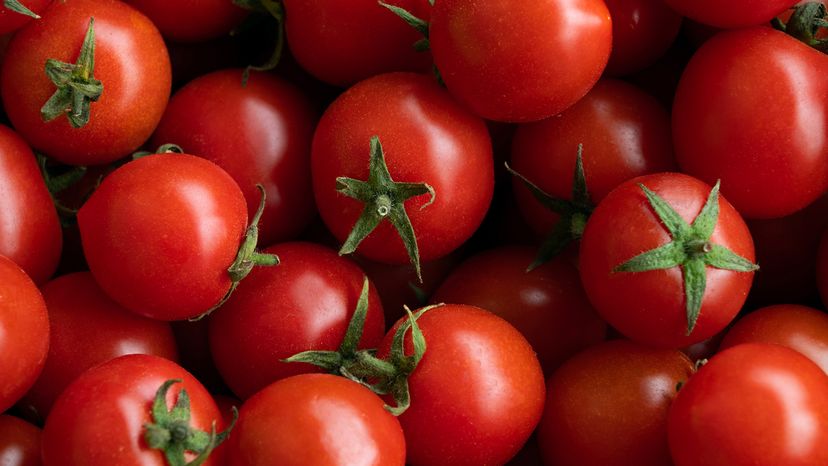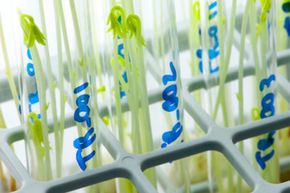Any time a process involves manipulating living organisms for a specific purpose, criticism is sure to follow. Some may feel that any sort of genetic manipulation is wrong. Scientists working on agricultural biotechnology point out that we've been genetically modifying organisms for generations — we're just much more precise now.
Controversy Over Genetic Modification Methods
There are other, more specific criticisms that aren't as easy for scientists to dismiss. One is that genetic modification often requires scientists to take genes from one organism and insert them into a completely unrelated organism.
This wouldn't necessarily happen otherwise, and so the counterargument that we've been doing this for centuries doesn't really apply.
Another objection is that we aren't really sure what the long-term effect on the environment will be. What happens if genes from modified crops find their way into the wild species?
It's difficult to assess exactly what impact modified crops might have on indigenous species of plants. It could be possible that other species of plants could develop similar traits to modified crops. If weeds develop resistance to herbicides, we're back to square one on that front.
Health and Environmental Concerns
Some fear that by introducing genetic material into crops, scientists may also create new allergens. In the United States, the Food and Drug Administration places strict regulations on genetically modified food that include extensive allergenic tests. (On the flip side, it may even be possible to remove the allergenic components in existing foods to make them safe for people who otherwise would have to avoid that type of food.)
Pest-resistant crops might lead to a few problems. Farmers might use more chemicals to treat crops genetically engineered to resist poisons. These chemicals could build up toxins in the soil or seep into groundwater. Genetically modified crops with toxic proteins designed to ward off pests could also affect other species.
On the other hand, farmers wouldn't need to use as much pesticide when growing crops with a built-in pest repellent. Some studies suggest that by decreasing the reliance on pesticides, some species may actually benefit from a switch to genetically modified crops.
Biodiversity and the Way Forward
There's also a fear among some agriculturalists that biotechnology could lead to a decrease in biodiversity. If we find a particular crop to be profitable and easy to grow, farmers may abandon other varieties in favor of the modified crop.
Decreasing diversity could lead to dangerous consequences. Entire populations of crops could die out if hit by disease. Diversity can also help keep soil healthy and prevent toxins from building up over time.
Ultimately, we must weigh the potential benefits of agricultural biotechnology against the risks. The U.S. Food and Drug Administration (FDA) has tight regulations on genetically modified crops designed to ensure scientists use safe protocols when developing new crops.
If we trust in science while remaining vigilant, we may find that agricultural biotechnology could help feed the world.
This article was updated in conjunction with AI technology, then fact-checked and edited by a HowStuffWorks editor.


